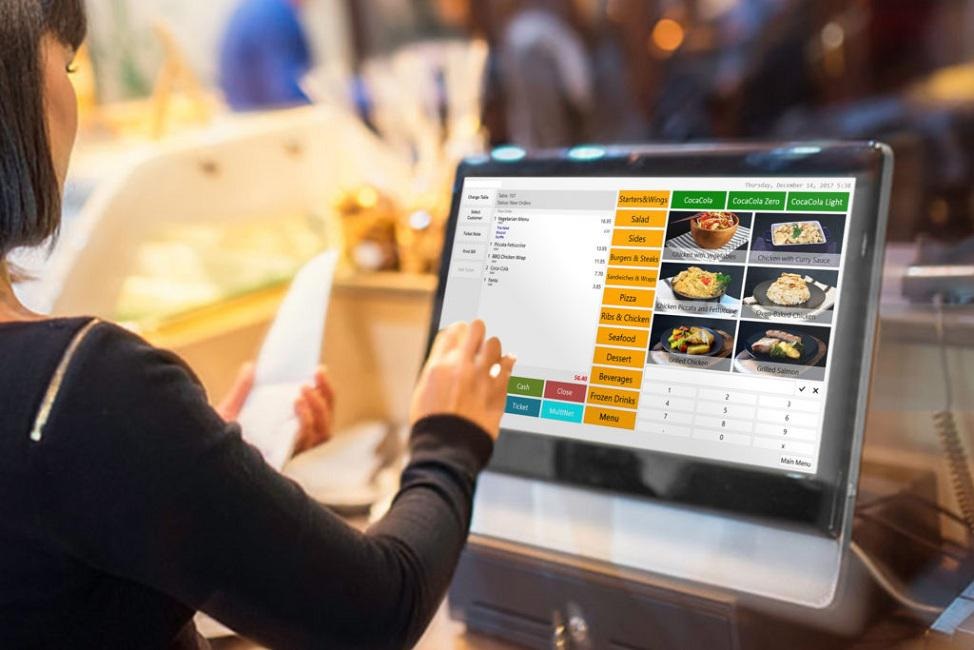In the bustling world of the restaurant industry, precision and efficiency are essential for success. This is where Restaurant Operating Systems (ROS) come into play. These systems, also known as Point of Sale (POS) or Restaurant Management Systems, have revolutionised the way eateries operate.
What Are Restaurant Operating Systems?
At its core, a Restaurant Operating System is a software solution designed to streamline and simplify various restaurant operations. Whether you’re running a small cafe or a large chain, ROS can be customised to suit your specific needs. These systems encompass a wide range of functions, all aimed at enhancing the overall dining experience for both customers and restaurant staff.
Key Components of Restaurant Operating Systems:
- Point of Sale (POS): The heart of any ROS, the POS system, handles order entry, payment processing, and customer interactions. It ensures that orders are accurate, payments are processed securely, and transactions are swift.
- Inventory Management: ROS helps manage inventory efficiently, reducing wastage and ensuring you always have the ingredients needed for your dishes.
- Table and Reservation Management: ROS systems facilitate table assignment and reservation management, ensuring customers are seated promptly.
- Employee Management: They assist in scheduling staff, tracking their performance, and simplifying training processes.
- Reporting and Analytics: ROS provides data-driven insights, allowing restaurant owners to make informed decisions regarding menu changes, marketing strategies, and more.
- Integration: Modern ROS systems can integrate with various platforms, including mobile apps, online ordering systems, and even social media, extending the reach of your restaurant.
Why Are Restaurant Operating Systems Important?
In an industry where time is money, ROS systems offer a multitude of benefits:
- Efficiency: Orders are processed faster, waitstaff can focus on customer service, and the kitchen operates seamlessly.
- Accuracy: With ROS, orders are less prone to errors, leading to higher customer satisfaction.
- Cost Control: Inventory management helps in reducing food wastage and controlling costs.
- Customer Experience: From online reservations to personalised loyalty programs, ROS enhances the overall dining experience.
- Data-Driven Decisions: The wealth of data collected helps in making informed decisions to boost profitability.
- Scalability: ROS systems can grow with your restaurant, making them suitable for small startups and large restaurant chains alike.
In conclusion, Restaurant Operating Systems have become an indispensable tool for modern eateries. They not only simplify day-to-day operations but also pave the way for innovation and growth. Whether you’re a seasoned restaurateur or just starting, embracing an ROS system could be the key to a smoother, more successful dining establishment.




